
A European study shows a small amount of hospitalized children and adolescents with COVID-19 require intensive care and is rarely fatal.

A European study shows a small amount of hospitalized children and adolescents with COVID-19 require intensive care and is rarely fatal.
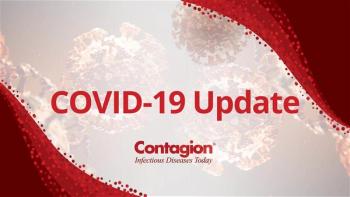
A brief on today's top ID news.
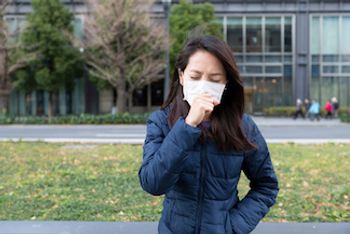
The Hong Kong researchers used online searches to quantify public interest in mask usage.

In a joint-interview, we discuss the PCV pipeline with Dr. Luwy Musey (of Merck & Co.) and Dr. Steven Pelton.
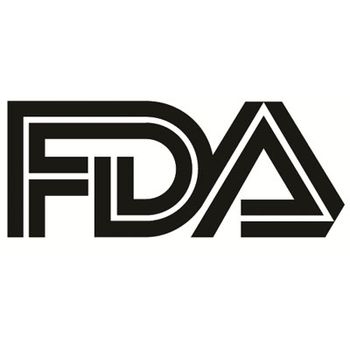
The finger-prick test showed 98.8% specificity for novel coronavirus in assessments including 1500 patients.

Analysis suggests approach may be particularly useful when testing resources are limited.
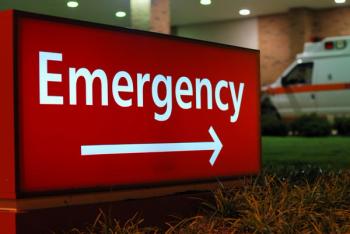
Where did things go wrong for the Grand Canyon State?
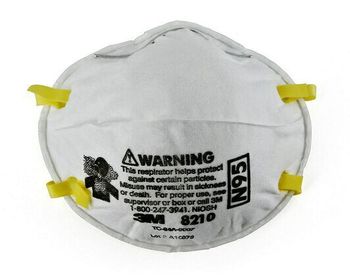
A high proportion of N95 masks failed to fit properly with the extended use and reuse recommended by the CDC for conserving PPE during the shortage.

Video briefing on the day's top infectious disease news.
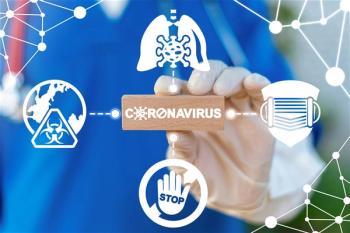
Given research into SARS-CoV-2 is taking place at unprecedented speed, the panel of IDSA experts had to decide on current best practices using science which is still in motion.
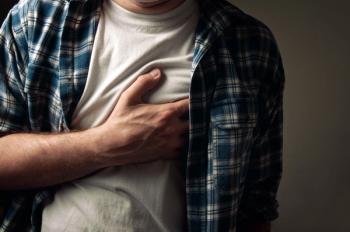
New research shows microorganisms on this part of the body may be able to diagnose chronic heart failure.
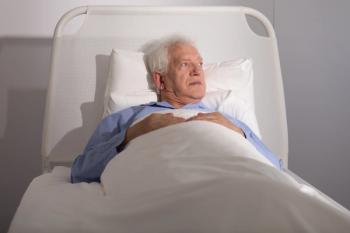
In a small randomized trial, Greek investigators found patients had improved time to clinical deterioration versus a control group.

Patrick Soon-Shiong, MD, Chairman and CEO of ImmunityBio, explains why the firm's COVID-19 research benefits from drawing on a background in cancer.

A recent review of electronic health data revealed a 42% drop in emergency department visits during 4 weeks of the pandemic.
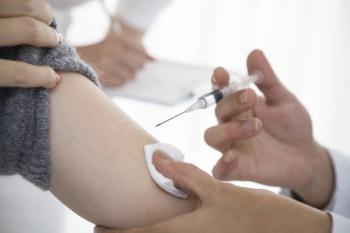
RSV-associated lower respiratory infections affect tens of millions of children and kill more than 100,000 children each year. A new vaccine candidate is showing promise in protecting against the disease.

An overview of today's top infectious disease stories.

Patrick Soon-Shiong, MD, CEO of ImmunityBio, discusses the pandemic as a unique moment in world & American history.
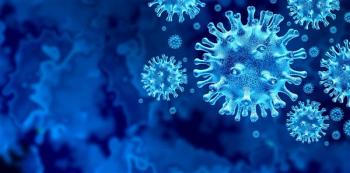
In order to expand the potential uses of the drug against SARS-CoV-2, Gilead Sciences has announced plans to explore administration of remdesivir in an inhaled form.
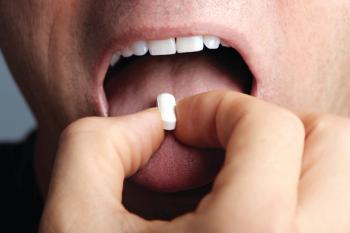
Finch Therapeutics announced its investigational oral microbiome drug, CP101, reached a sustained clinical cure in its Phase 2 trial.
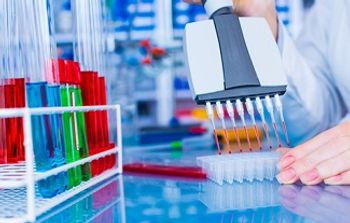
Data were published using the International Symposium on Pneumococci and Pneumococcal Diseases online digital library.

A video summary of the latest infectious disease headlines.

Company’s anti-infective agent sees setback related to COVID-19.

With the current COVID-19 outbreak, new data about Influenza mortality related to spectator sports should make the professional leagues and fans pause about attending games.
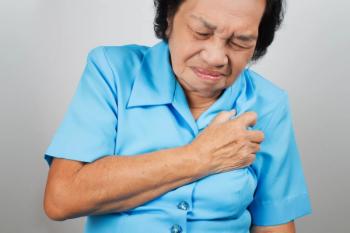
Compared to 2019, out-of-hospitalization cardiac arrest resuscitations saw a dramatic increase as well as differences in the types of patients experiencing these episodes.
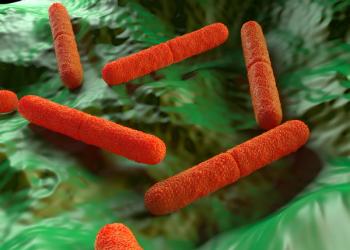
Broad-spectrum antimicrobial therapy is common among critically ill patients, but few undergo antimicrobial de-escalation, a new study found.
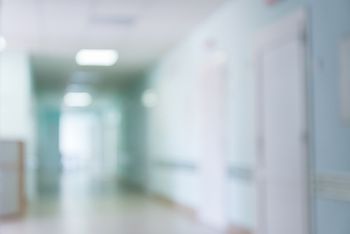
Findings reveal that most unhealthy seniors and/or their families opt for comfort-directed care rather than life-sustaining treatment.
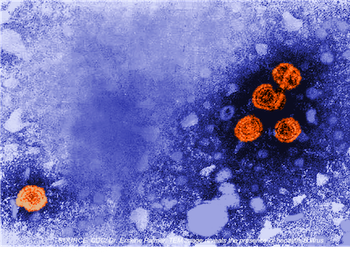
A new report from the CDC finds refugees arriving in the United States who are infected with hepatitis B virus are frequently lost to follow-up care.
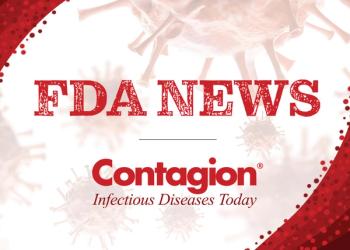
An overview of FDA drug pipeline news from the past week.
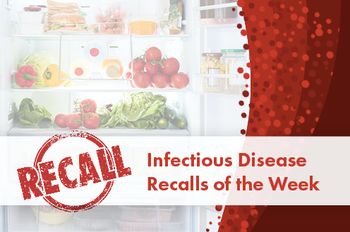
The week's FDA recall updates.

A June 19, 2020 recap of the biggest headlines in pandemic research and response.